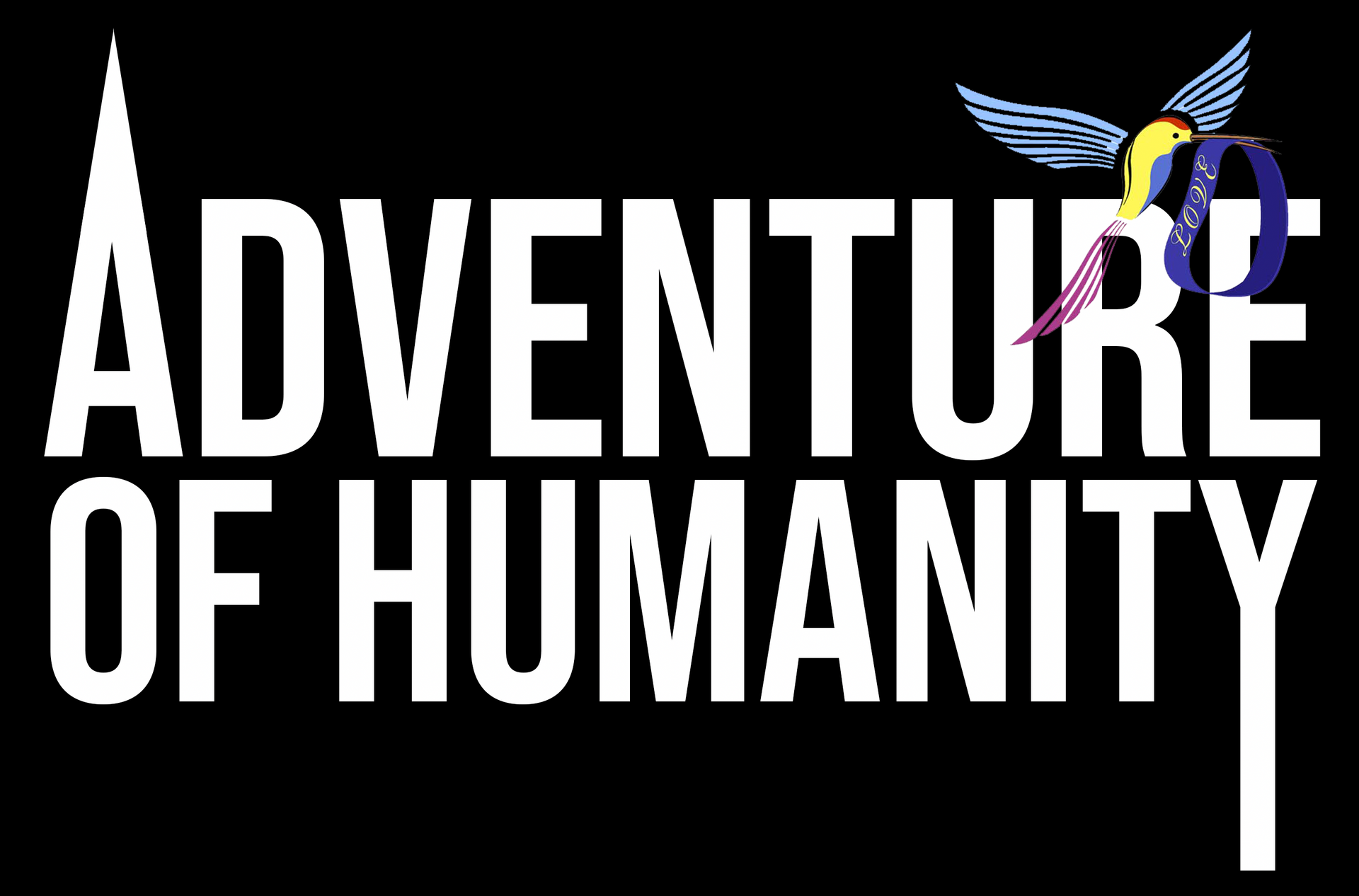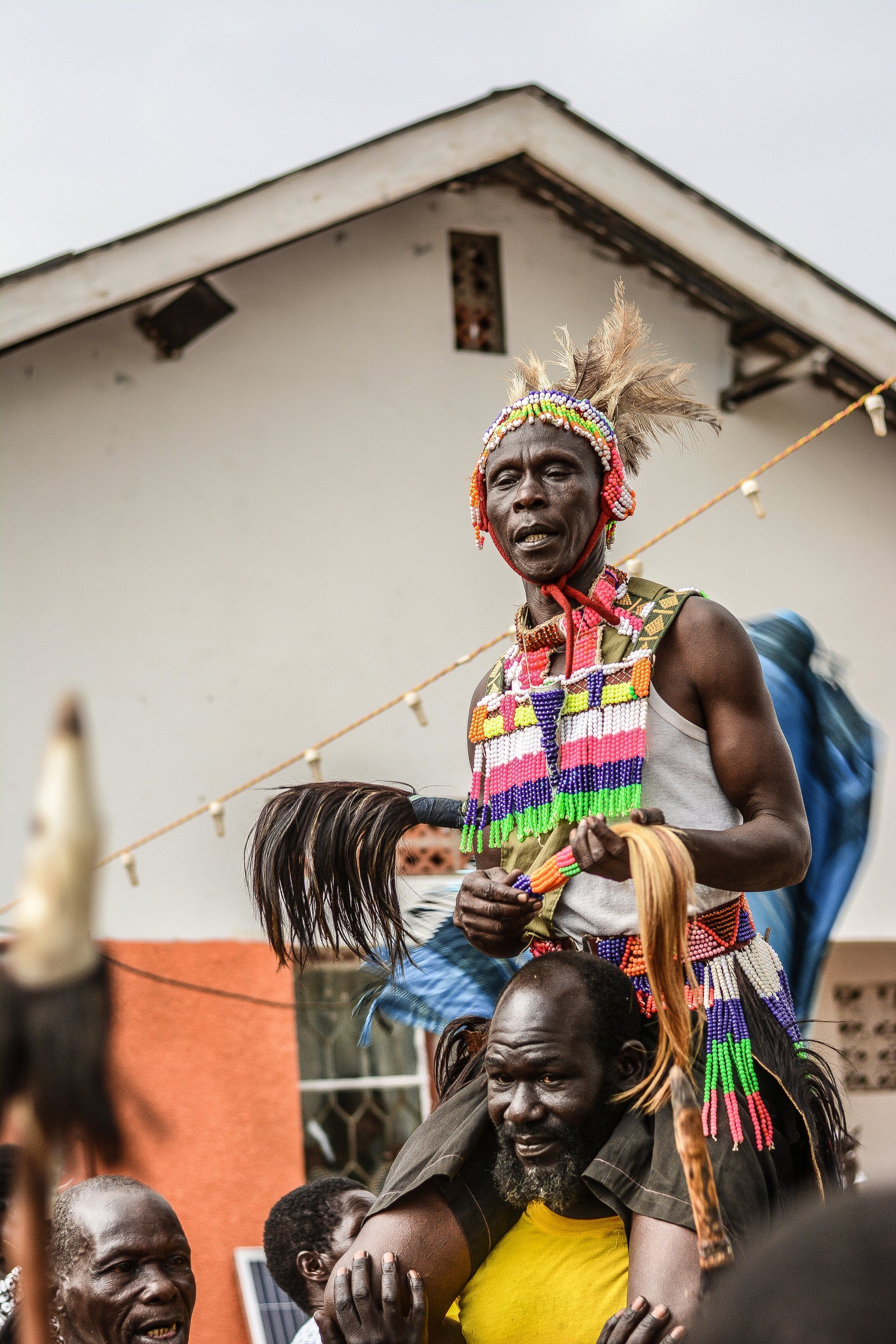Indigenous Wisdom
Indigenous wisdom holds profound insights into how we should treat our planet for the sake of future generations. These ancient cultures have thrived in harmony with the Earth for millennia, passing down knowledge, values, and practices that prioritize sustainability and the well-being of both people and the environment.
Here are some key principles of indigenous wisdom on caring for our planet:
Respect for Nature: Indigenous cultures regard the Earth as a living being, deserving of respect and care. They see themselves as stewards rather than owners of the land. This respect for nature is deeply ingrained in their spiritual beliefs and daily practices.
Interconnectedness: Indigenous wisdom emphasizes the interconnectedness of all life forms. They understand that every action taken in the natural world has repercussions. This awareness promotes responsible and sustainable resource management.
Sustainable Practices: Indigenous communities often employ sustainable farming, fishing, and hunting practices. They take only what they need, leaving minimal ecological footprints. This approach ensures that resources are available for future generations.
Traditional Knowledge: Indigenous knowledge is a treasure trove of information about local ecosystems, plants, and animals. This knowledge, passed down orally through generations, provides valuable insights for conservation and sustainable living.
Sacred Sites: Many indigenous cultures have sacred sites within their territories. These areas are protected and revered, preserving biodiversity and maintaining ecological balance.
Holistic Healing: Indigenous healing practices often rely on natural remedies and herbs. They prioritize holistic well-being, taking into account the mind, body, and spirit, while also valuing the health of the environment that provides these resources.
Community and Sharing: Indigenous communities place a strong emphasis on collective responsibility. Resources are often shared within the community to ensure that everyone's needs are met. This sense of solidarity fosters sustainability.
Adaptability: Indigenous cultures have demonstrated adaptability in the face of environmental challenges. They have developed strategies for coping with changing climates and ecosystems, providing valuable lessons for resilience.
Ceremonies and Rituals: Rituals and ceremonies are conducted to honor nature and seek its guidance. These practices reinforce the spiritual connection between humans and the environment.
Conservation Ethics: Indigenous cultures have an intrinsic conservation ethic, valuing the preservation of biodiversity and the protection of endangered species. They recognize that the loss of any species diminishes the Earth's richness.
In a world facing environmental crises and climate change, the wisdom of indigenous cultures offers invaluable insights. It encourages a shift in perspective—from exploiting the Earth's resources to nurturing and preserving them for the benefit of present and future generations. Incorporating these principles into our collective consciousness and actions is crucial for a sustainable and harmonious future on our planet.
Meetings with Oren Lyons in San Diego during the Lacross games. Oren Lyons holds the esteemed position of Native American Faithkeeper within the Turtle Clan. He belongs to the Seneca, one of the Six Nations that constitute the historic Haudenosaunee Confederacy. With over 14 years of dedicated service, he has been a crucial member of the Indigenous Peoples of the Human Rights Commission at the United Nations, demonstrating his commitment to advancing the rights of Indigenous communities on a global scale.
In addition to his advocacy work, Oren Lyons boasts a remarkable collegiate lacrosse career, notably excelling as a player at Syracuse University during his undergraduate years. This background paved the way for his involvement in founding the Haudenosaunee lacrosse team, where he continued to champion Indigenous causes.
Beyond the field, Oren Lyons transitioned into academia and became a respected professor of American Studies at the University of Buffalo. His multifaceted journey—from lacrosse star to Indigenous rights advocate and academic—reflects his dedication to making a meaningful impact in various spheres of life.
Adventure of Humanity
connect the World for peace, humanity and environment
Contact Info
Address: Villa Oxygene
137 Av. des Cactus
06220 Vallauris, France
Website by: BRNDNG [3.0] © 2023 Adventure of Humanity. Images and likeness licensed from its respective owners. Getty Images, iStock Photo, Shutterstock, Picture Alliance, Michael Jackson Estate, Nelson Mandela Estate, BRNDNG [3.0]





















































